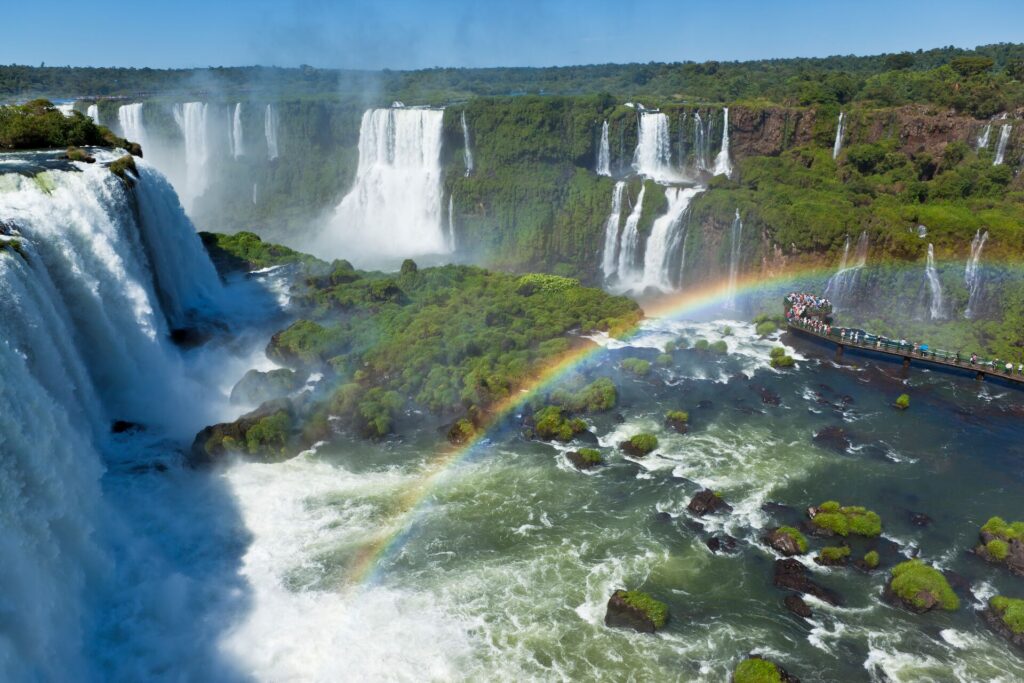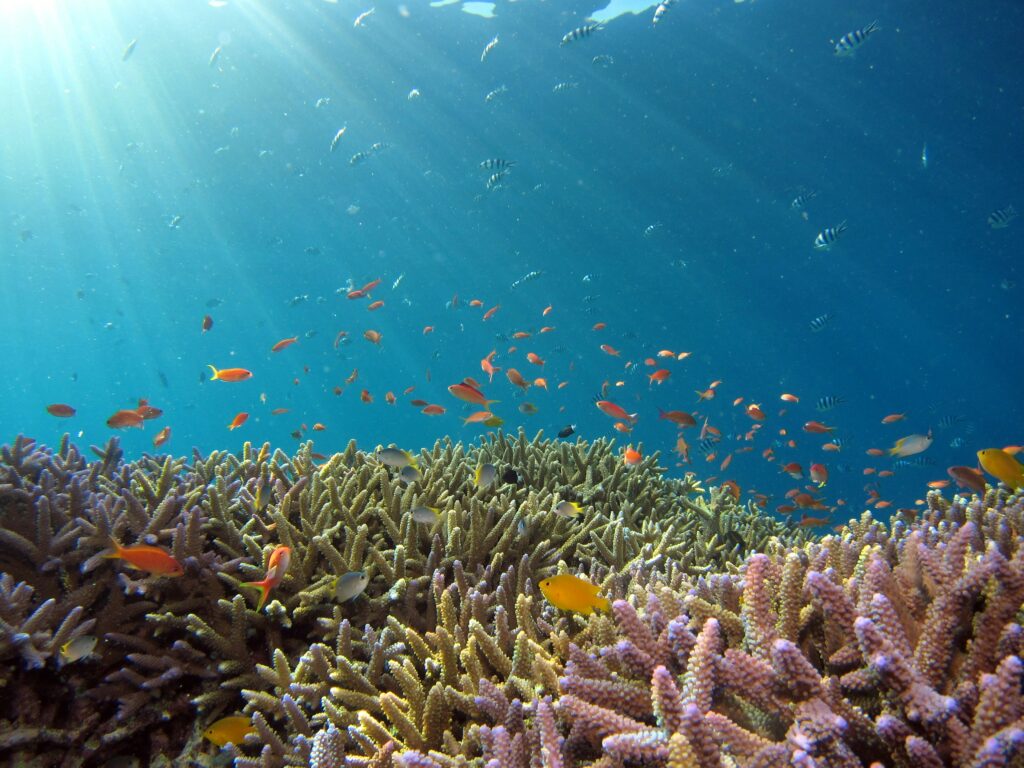Each year, millions of travelers head to nautical destinations in search of sunny escapes, a little tranquility and to enjoy exciting activities such as sailing, surfing and wild swimming.
However, each day sea creatures and sweeping coastlines are being destroyed by mankind’s impact on their habitat. Eight million metric tons of plastic ends up in the oceans every year, enough to cover every foot of coastline on Earth with five full trash bags of plastic.
Studies have also predicted that by mid-century, the oceans will contain more plastic waste than fish – a haunting statistic and one that urgently needs attention.
While more people are aware of responsible tourism than ever before, it is important to make changes on a day-to-day basis to make sure we keep our oceans clean and wildlife safe. Here are a few tips on how you as a traveler can help clean and appreciate the oceans by making a few small changes to your daily routine and the way you travel.
1. Invest in a reusable water bottle
While in theory plastic can be recycled, a massive 91% isn’t. It takes the material more than 400 years to degrade, so most is being dumped in landfills or ending up in the oceans. Investing in reusable water bottles will not only save you some pennies, but will help with plastic consumption.
2. Carry reusable products with you
Don’t just invest in a reusable water bottle. Purchase reusable utensils and your own mug for your local coffee shop trip. Not only will you be able to find a fun customised design, you’ll be able to enjoy your daily latte while avoiding styrofoam usage (the plastic foam material that keeps you from burning your hand on your coffee).
3. Purchase an eco-friendly bag
Say no to plastic bags and purchase an eco-friendly bag (or two) for your weekly shop. You can also buy some miniature cotton bags for packing your fruit and vegetables to avoid further plastic consumption.
4. Invest in digital
Not only are digital versions of CDs and DVDs easier to transport on your travels and share with friends, they are also a great way to help the environment. If you do have old plastic versions left over, you should make sure you recycle them or take them to your local thrift shop so others can use them too.
5. Avoid bathroom products that contain micro plastic particles
While California and the UK have banned microbeads in products, a number of U.S. states and countries worldwide still allow them to be included in products. Microbeads or micro plastic particles can be ingested by marine life and can introduce pollutants into the food chain. They can be found in many exfoliants and shower gels.
6. Don’t litter
As much fun as picnics on the beach are, it is vital you pick up after yourself. Even the smallest amount of rubbish can end up in the ocean, harming or even killing a sea creature.
7. Remove packaging before you travel
The place you are traveling to might not have the same recycling facilities you have at home, and by taking sealed products with you, you may end up doing more harm than good. Remove the packaging on your toothbrush, the plastic around your soap and the plastic seal on your sunscreen before you head away to ensure as little waste as possible.
8. Opt for petroleum free products
If you’re an active type, with a fondness for surfing, you’ll most probably be a sea life lover too. Take care of the creatures you’re encountering by using environmentally friendly products. Many, including surfer wax, are made with petroleum, which can pollute the ocean and cause harm to its sea life.
9. Research the sun cream you are using
While it is vital to screen up on your holidays, many sunscreens are made up of oxybenzone, a common chemical that can kill coral and damage coral reefs. Opt for products without it to protect both sea life and your own skin.
10. Choose a good snorkel or scuba diving company
If you’re interested in trying diving or snorkeling on your next trip, research the company first. Opt for one that doesn’t feed sea life. Fish wouldn’t normally eat the food you are giving them, but will if given it – they would usually eat algae instead. By feeding them you are increasing algae growth and potential harmful algae blooms, which can produce toxic or harmful effects on people, fish, shellfish, marine mammals and birds.
You should also be careful how you engage with sea life while snorkeling or diving. Starfish should not be handled or brought out of the water. Act as an inquisitive observer – sea life and wildlife should be left alone in their natural habitats.
As part of The Travel Corporation’s (Insight Vacations’ parent organization) pledge to encourage more sustainable tourism, the company has created the Treadright Foundation, a not-for-profit initiative that looks to ensure the environment and communities we visit remain vibrant for generations to come. Find out more here.




